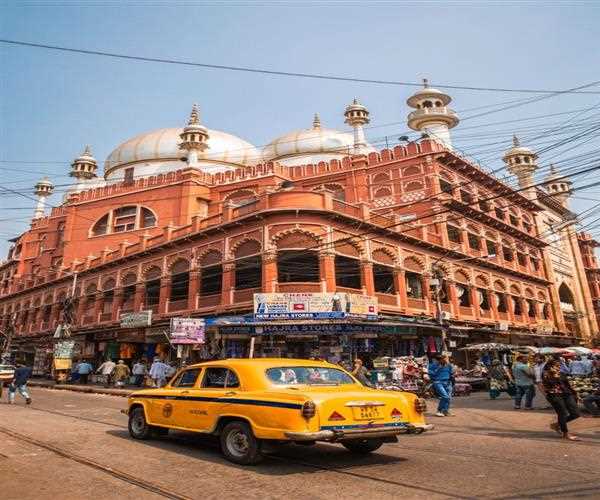Calcutta today known as Kolkata has an important place in the history of India for its historical connection as a colonized city and as a cultural center. Sutanuti, Gobindapur and Kalikata joined together and thus granted city status in the year 1690. The Britons required a replacement for the loyal town but it being an official birth of Patna really has a different history associated with the British East India Company as the company sought an ideal place that would enable it to create a strong presence in the eastern part of India. From the provided foundation, Calcutta emerged to become an important city with a boost in urbanization.
The history of Calcutta is intimately associated with a man named Job Charnock, an administrator of the East India company commonly regarded as the founder of Calcutta. Charnock formally founded the city on the 24th of August in 1690 it was the spot because of the site on the banks of the Hooghly River. The river was a source of easy access to and from the city, acting as the means for trade therefore the city’s progress in commerce and navigation.
In 1698 the British East India company bought out these villages from local landlords to strengthen its foothold in this part of the world. Fort William was constructed early in the eighteenth century to strengthen Calcutta ’s place as the chief British stronghold in India. Some time later the city developed into being the capital of the British Indian which it remained until 1911 when the capital shifted to Delhi.

This brief sketch of Calcutta’s early history suggests the linking of trade, colonial interest and local actors. As a colony of Britain, the city expanded significantly and dominated commerce, social cultures and intelligence. This growth paved the way to transform it to a cultural and political capital of modern India.
Today, Kolkata retains its rich history as evidence of British influence still harmonized with modern life. Its establishment in 1690 is considered a historical shift in the history of India and envisages the growth of modern globalized city built on commerce and colonialism.
Conclusion
In conclusion, The establishment of Calcutta in the year 1690 might be apprehended as the landmark that marked the start of numerous more developments which were to be a deciding factor for building up the character of the City that was to turn into very critical in articulating the colonial and at the same time the post colonial feelings of India. Calcutta’s story of growth from a trading post to the cultural and political capital of India makes the city an inspiring place to visit for anyone interested in success stories. It can be safely said that the history of the monument is replete with conflicts and crossovers between the global and the local that make the monument symbolically pertinent to Indian history and culture.